Michael Hammer Society of Fellows
Each year, IDSS selects postdoctoral fellows and students in the doctoral program in Social & Engineering Systems (SES) to join the Michael Hammer Society of Fellows. Hammer Fellows carry on the legacy of Michael Hammer, a visionary engineer, business leader, author, and MIT professor who made a remarkable impact on both MIT and the nation’s engineering and business landscape. For more on Michael Hammer and the Hammer Fellowship, including selection criteria, see our Hammer Fellowships page.
2023-2024 Fellows
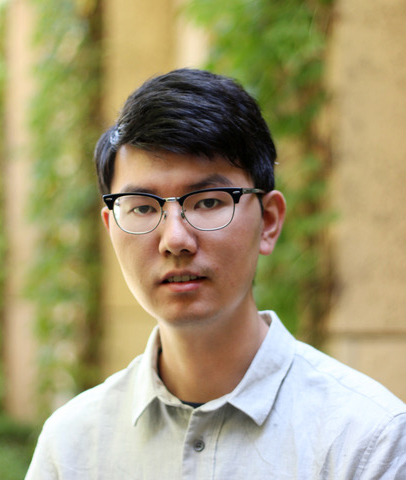
Yuhao Nie
Postdoctoral Hammer Fellow
Yuhao Nie is a Michael Hammer Postdoctoral Fellow at MIT IDSS, working with Professor Sherrie Wang on machine learning for applications in agriculture and weather forecasting. He is also interested in developing assessment tools, optimization models and machine learning systems to address challenges in transition to sustainable energy systems. Yuhao received his Ph.D. degree in Energy Science and Engineering from Stanford University in 2023, under the supervision of Professor Adam Brandt. Prior to that, he obtained his M.A.Sc. degree in Chemical Engineering from the University of British Columbia, Canada in 2018 and his B.Eng. degree in Environmental Engineering from Harbin Institute of Technology, China in 2015.
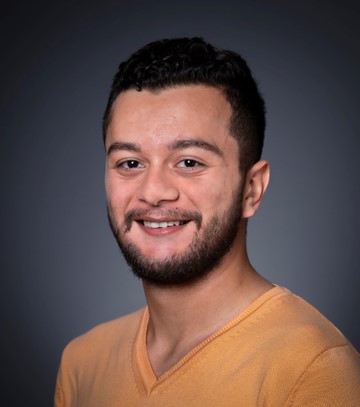
Mohammadreza Alimohammadi
Doctoral Student Hammer Fellow
Mo earned a dual B. Sc. degree in Electrical Engineering and Mathematics from Sharif University of Technology in 2023.
Before Joining the SES Ph.D. program, he worked on distributed machine learning, focusing on privacy-preserving techniques and overcoming communication bottlenecks during his undergrad.
Mo’s current research interests lie in the span of statistics, optimization, privacy, information theory, and machine learning. In his graduate studies, Mo hopes to leverage the literature in these fields to address modern machine-learning challenges, particularly privacy and fairness.

Ruicheng Ao
Doctoral Student Hammer Fellow
Ruicheng received his bachelor’s degree from School of Mathematical Sciences, Peking University in July 2023. His undergraduate research spanned optimization, online learning, game theory, assortment and queueing systems in healthcare problems. Advised by Prof. David Simchi-levi, he is now focusing on combining statistics, online learning and optimization to solve societal issues and improve social welfare as well as fairness.
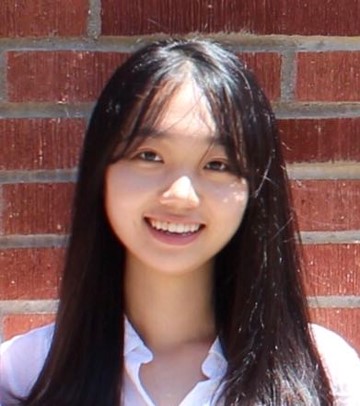
Chujun He
Doctoral Student Hammer Fellow
Chujun received her bachelor’s degree in mathematics and computer science from Smith College. At Smith, she studied problems in combinatorics and conducted research on analyzing high-dimensional biomedical data. Her current interests lie in causal inference and representation learning. In particular, she wants to study the causal mechanisms of complex systems to assist medical decision-making.

Jiachun Li
Doctoral Student Hammer Fellow
Jiachun graduated from Tsinghua University with a B.S. in Mathematics. His undergraduate research focused on applying theoretical and analytical methods to operation problems, especially in revenue management field. His current research interests include dynamic decision making, experiment design and their application in clinical trials. In his graduate study, Jiachun hopes to explore methodologies from econ, statistics and computer science, and applies them to both theoretical and empirical operation problems.
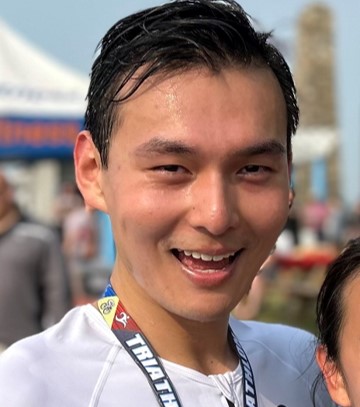
Eric Liu
Doctoral Student Hammer Fellow
Eric Liu received his BS in Cognitive Science from Yale College in 2022. Before joining as an SES PhD student, he supported a large-scale RCT studying the role of social networks in impacting the spread of public health-related knowledge in a population of over 30,000 participants in rural Copan, Honduras. His research involved the investigation of sociobiological phenomena using multimodal big data, such as employing computer vision techniques to study facial identity signals over social graphs and understanding the social microbiome in developing settings. At the IDSS, he hopes to continue pursuing interdisciplinary research at the intersection of social networks, public health, and biology.
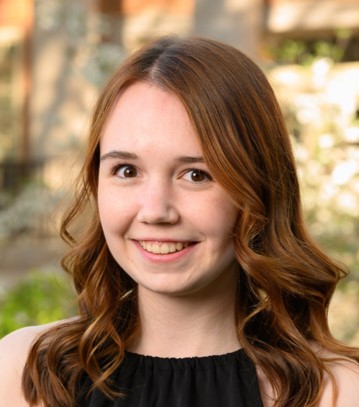
Ashley Peake
Doctoral Student Hammer Fellow
Ashley Peake graduated from Wake Forest University in 2023 with a B.S. in Applied Mathematics, and she will be entering the SES PhD program with the support of the NSF Graduate Research Fellowship. She is interested in dynamical systems and other computational models as tools for understanding and addressing complex social problems. In her undergrad, her research focused on developing an opinion dynamics model for studying polarization on social media. She has also worked on control problems for drones monitoring deforestation in the Amazon Rainforest, as well as machine learning for predicting economic inequality from satellite imagery.
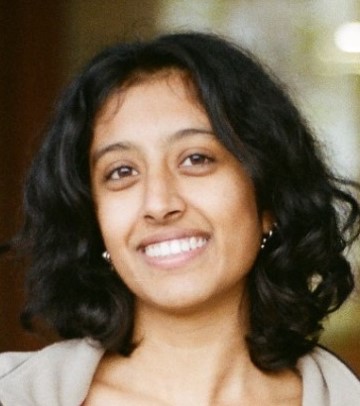
Shreyaa Raghavan
Doctoral Student Hammer Fellow
Shreyaa Raghavan received her Bachelor’s in Computer Science and Brain & Cognitive Sciences at MIT and graduated in June 2023. Her research interests are in using optimization and deep learning techniques to accelerate sustainable energy technologies and optimize cyber-physical systems. She previously researched learning algorithms to improve the efficiency of solar cells at the MIT Accelerated Materials for Sustainability Lab as well as photovoltaic forecasting at EPFL. At MIT, she is interested in making energy and mobility systems more robust and generalizable.
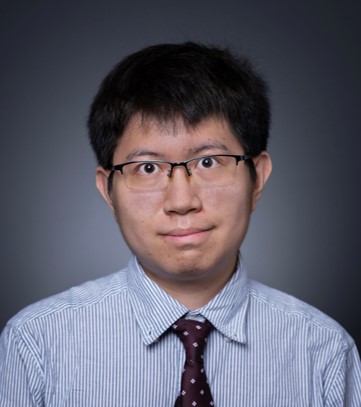
Chenhui Zhang
Doctoral Student Hammer Fellow
Chenhui received his B.S. in Computer Science and B.S.L.A.S. in Statistics from the University of Illinois Urbana-Champaign in May 2023. His undergraduate research focused on trustworthy machine learning, with an emphasis on robustness and privacy, and the application of machine learning methods in geospatial science. His current research focuses on developing high-utility, trustworthy foundation models of geospatial data that are robust, fair, and privacy-preserving to enable the scalable monitoring of the Earth’s environment and the assessment of the Sustainable Development Goals (SDGs).
2022-2023 Fellows
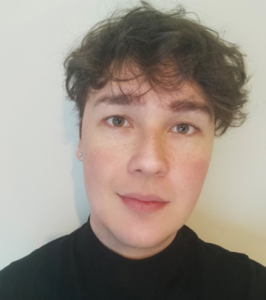
Umutcan Ay
Doctoral Student Hammer Fellow
Umutcan received his BS in Management Engineering from Istanbul Technical University in Turkey. While pursuing his undergraduate degree, he focused on improving the implementation of restraining orders by designing a predictive and preventative system that would address ongoing failures in the field and between stakeholders. Believing that a multi-layered phenomenon like gender-based violence could only be solved through a multi-disciplinary approach, his current ambitions lie in working on an autonomous, responsible, and transparent governmental system that would be used for ending violence and creating a peaceful and sustainable living environment.
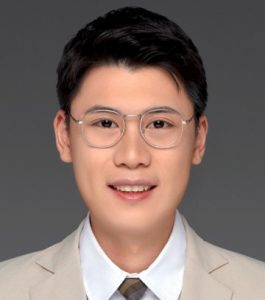
Hongyu Chen
Doctoral Student Hammer Fellow
Hongyu graduated from Peking University with a B.S. in Statistics and a B.A. in Economics in 2022. His undergraduate research focused on theoretical and algorithmic aspects of new assortment strategies in current online marketplaces, with particular emphasis on their fairness implications. Hongyu’s current research interests lie in the intersection of operations management, statistics, causal inference, and optimization. In his graduate study, Hongyu hopes to address social equity issues by leveraging those analytical tools to improve the decision-making process of today’s business operations.
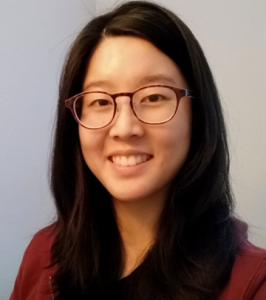
Shannon Hwang
Doctoral Student Hammer Fellow
Shannon received her bachelor’s and master’s degrees in Computer Science from MIT, and was selected as a National Science Foundation Graduate Research Fellow in 2022. Before joining the SES PhD program, she researched methods for characterizing and cost-effectively mitigating the impact of wind and solar energy shortages at MIT, and analyzed the potential flexibility of industrial electrical loads at the National Renewable Energy Laboratory. She also explored interests in developing artificial intelligence systems and their applications in domains including autonomous vehicles, social networks, and healthcare. She is currently interested in using computational and quantitative methods to analyze and improve the sustainability of energy systems.
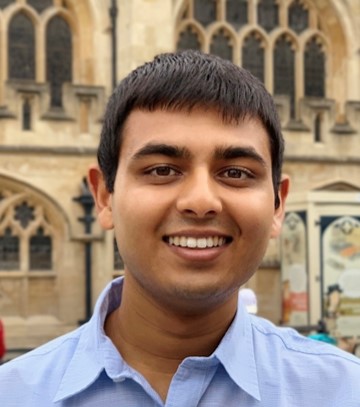
Shomik Jain
Doctoral Student Hammer Fellow
Shomik attended the University of Southern California between 2016 – 2020 and earned a bachelor’s in Applied and Computational Mathematics and a master’s in Electrical Engineering. His undergraduate research spanned socially assistive robotics, deepfake detection, gentrification, and political polarization on social media. Before joining the SES PhD program, Shomik worked in the U.S. Intelligence Community from 2020 – 2022 as a forward deployed engineer for Palantir Technologies. At MIT, he is broadly interested in studying the intersection of algorithms and society, especially around fairness and transparency.
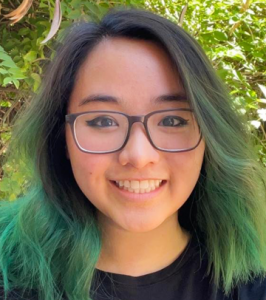
Rachael Kha
Doctoral Student Hammer Fellow
Rachael Kha graduated from Arizona State University in 2022 with her master’s in Chemical Engineering and in 2021 with bachelor’s degrees in Chemical Engineering, Philosophy, and Economics. She conducted her master’s research under the guidance of Dr. Daniel E. Rivera in the Control Systems Engineering Lab, which focused on idiographic modeling for behavioral health interventions. Prior to her master’s, Rachael completed her undergraduate honors thesis with the philosophy department under Dr. Jeffrey Watson, on developing a quantitative measure of David Lewis’s causal influence account of causation. Rachael is interested in research at the intersection of control systems engineering and epistemology with applications to social and behavioral systems.
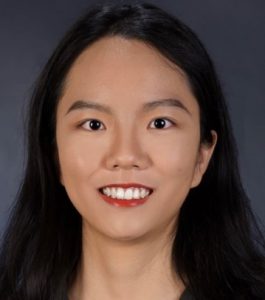
Haiwen Li
Doctoral Student Hammer Fellow
Haiwen Li received her BS in Statistics with Summa Cum Laude from University of California, Los Angeles in 2022. Her academic interest is inspired by her undergraduate research experience in quantitative social media content analysis. At IDSS, Haiwen hopes to work on the issue of misinformation. She is especially interested in quantifying those eye-catching but misleading properties of social media content and probing their effects on misinformation spread by combining natural language processing techniques, statistical analysis, and insights from linguistics and social network studies. She is also broadly interested in ranking algorithms and web3.
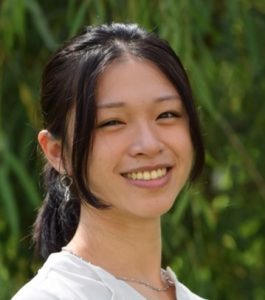
Vanessa Lin
Doctoral Student Hammer Fellow
Vanessa graduated in May 2022 from the University of North Carolina at Chapel Hill with a B.S. in mathematics and a secondary major in economics, and she will be entering the SES PhD program with the support of the NSF Graduate Research Fellowship. Vanessa has been involved in computational research in dynamical systems and studied voter models, financial contagion, disease spreading, and information theory on single and multi-layer networks, as well as trajectories on translation and dilation surfaces. For her senior undergraduate thesis, Vanessa simulated biased random walks on networks embedded in metric spaces to consider the navigability of network systems, and she is excited to continue exploring research in networks and dynamical systems with socioeconomic applications.
2021-2022 Fellows
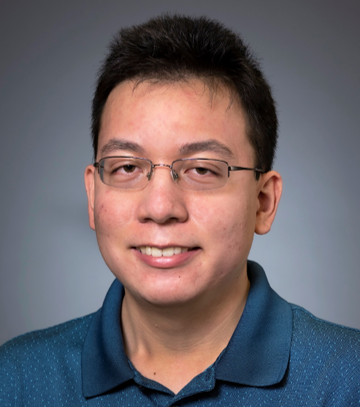
Carlo Duffy
Doctoral Student Hammer Fellow
Carlo Duffy joined the SES PhD Program in 2021. He graduated Phi Beta Kappa from Carnegie Mellon University in 2021 with a B.S. in Economics and Statistics, and with both College and University Honors. Several projects formed an interest in using statistics for social good. At CMU Carlo researched the association between opioid prescription propensity and Medicare patient panels’ mean HCC risk scores. He also worked valuable summer internships at the National Center for Education Statistics, where he uncovered patterns underlying national survey non-respondents, and the Institute for Defense Analyses, where he evaluated the Department of Defense’s semiconductor chip production price estimates. At IDSS Carlo wants to address today’s health and crime issues by using modern causal inference methods and novel observational data. He especially wants to explore causal inference perspectives from computer science, epidemiology and the social sciences.
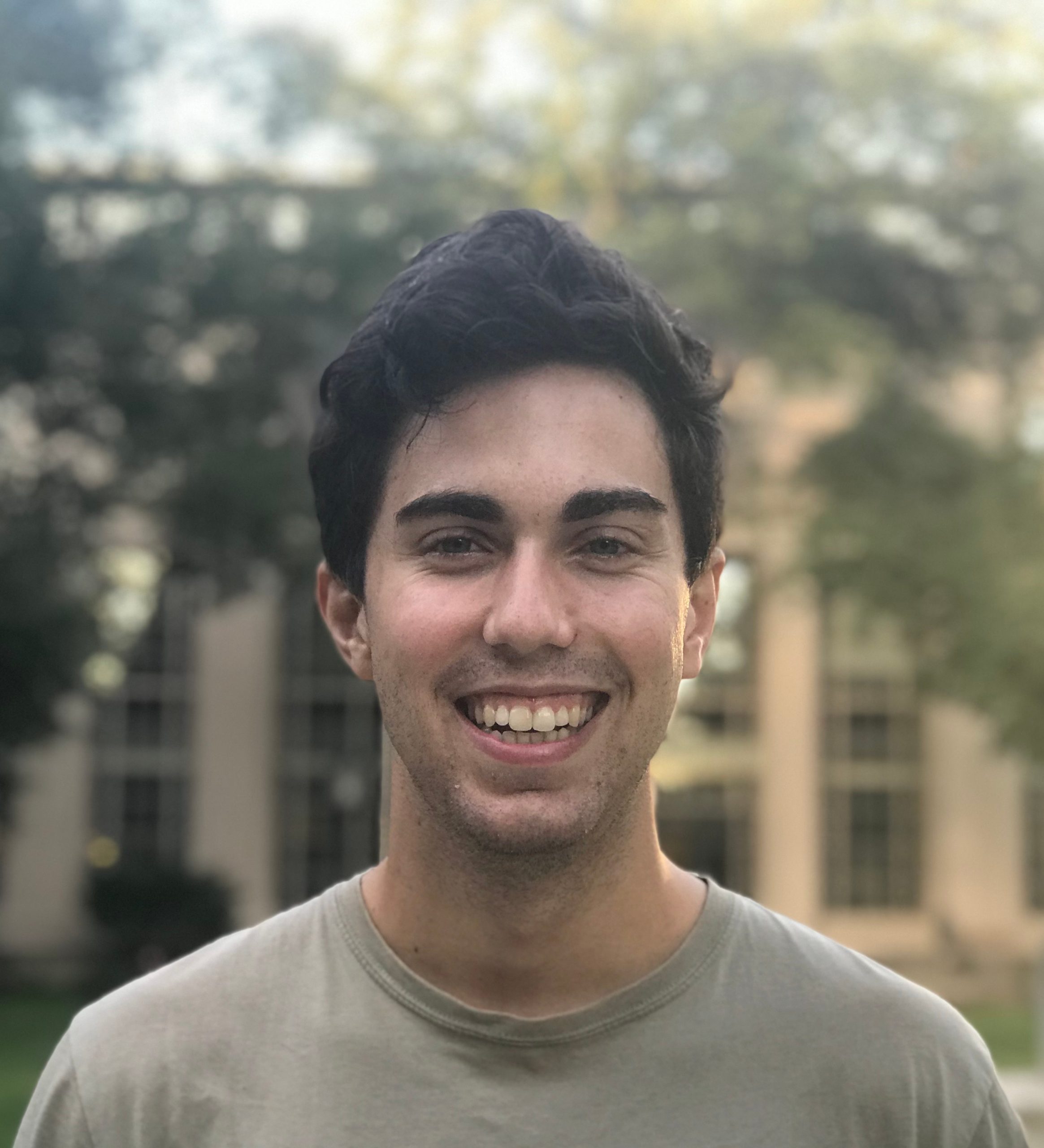
Chris Hays
Doctoral Student Hammer Fellow
Chris received his BS in Computer Science from Yale University in 2020. His undergraduate research, in algorithmic fairness and opinion dynamics, focused on designing and evaluating fair hiring processes over many iterations of candidate selection. His current interests lie at the intersection of networks, dynamical systems and optimization. In particular, he is interested in studying the structure and dynamics of complex social systems and statistical inference for social data.
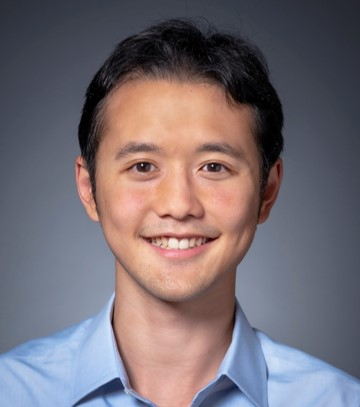
Thomas Lee
Doctoral Student Hammer Fellow
Thomas Lee graduated from the University of Pennsylvania with bachelor’s degrees in Economics (Wharton) and Computer Science, and an MSE in Electrical Engineering. At Penn, he researched electricity market design for energy storage at the Kleinman Center for Energy Policy, as well as studied lock-in or path dependence of energy infrastructure investments. Before joining the SES PhD program, Thomas worked in quantitative finance, electricity trading, and clean energy investment industry roles, where he developed models using optimization and statistical methods. At MIT, he is interested in investigating multidisciplinary approaches to improve the sustainability and resilience of energy systems and markets.
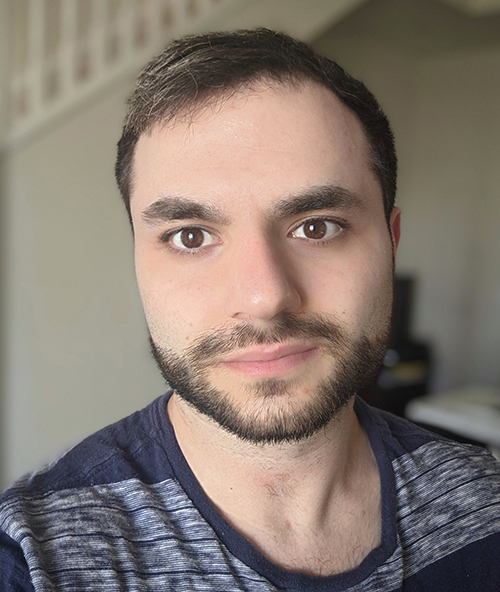
Zach Schutzman
Postdoctoral Hammer Fellow
Zach is a Michael Hammer Postdoctoral Fellow in IDSS with an appointment in SERC in the College of Computing. His research focuses on issues at the interface of computing and society from the algorithmic perspective, including work on designing algorithms that meet definitions of fairness, mathematical models of data privacy, and the application of computational and data-driven tools to electoral redistricting. Zach recently earned his PhD in Computer and Information Science at the University of Pennsylvania, advised by Aaron Roth. Prior to that, he earned a BA in Economics and Mathematics from Colby College.
2020-2021 Fellows
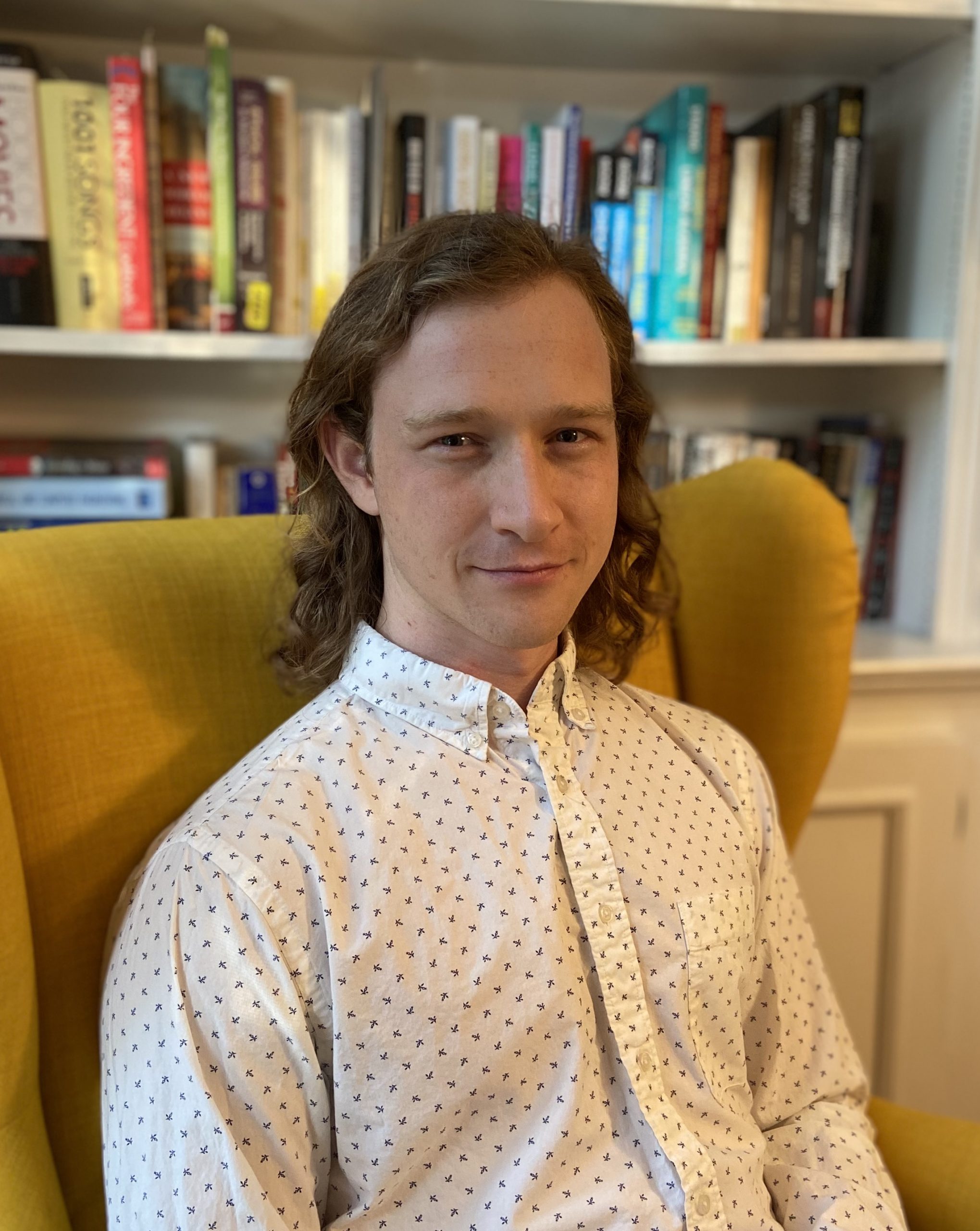
Elijah Pivo
Doctoral Student Hammer Fellow
Elijah earned a BS in Electrical and Computer Engineering from Johns Hopkins University in 2017 and was selected as a National Science Foundation Graduate Research Fellow in 2020. Before joining the Social and Engineering Systems PhD program, Elijah worked on power grid and pandemic control with Professor Enrique Mallada and others at Johns Hopkins University. He has also developed software and electronics for several robotic systems at Honeybee Robotics and NASA Jet Propulsion Laboratory. Elijah is interested in addressing problems of sustainability and social equity by developing quantitative methods for understanding and adjusting complex systems. He plans to study applications of control theory, network theory, optimization, statistics and economics for improving energy systems, financial systems and supply chains.
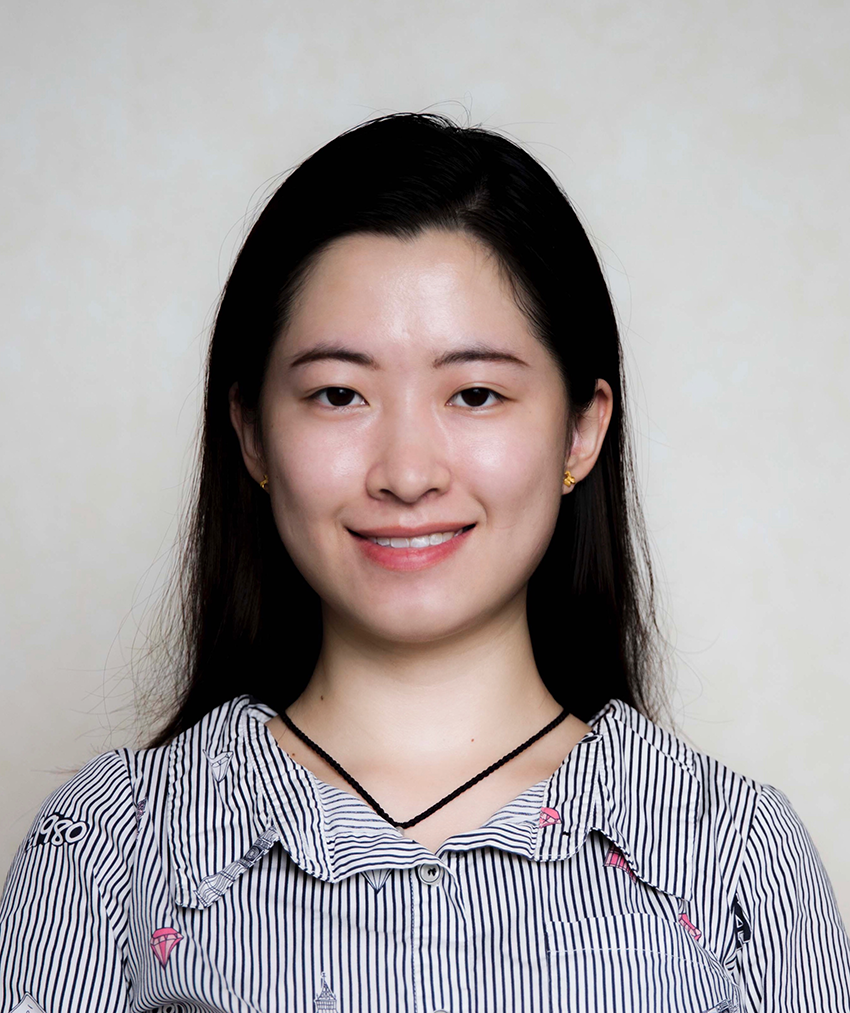
Jessy Han
Doctoral Student Hammer Fellow
Jessy Xinyi Han received her BS in Computer Science, with minors in Applied Mathematics and Economics, with Summa Cum Laude from Columbia University in 2020 and was awarded a Computer Science department honor, Russell C. Mills Award. Her research interest is in leveraging methodologies from graph theory and machine learning to develop better algorithms and mechanisms to solve real-world problems in social networks and economics, with a special interest in fairness in algorithm design. At Columbia, Jessy worked on designing new social influence maximization algorithms to select early-adopters to achieve both a fairness and efficiency advantage over classic algorithms. She is currently working on developing new network-based algorithms to detect fake news in WhatsApp group chats. At MIT, she hopes to broaden her knowledge and improve problem-solving skills to better address socially impactful problems.
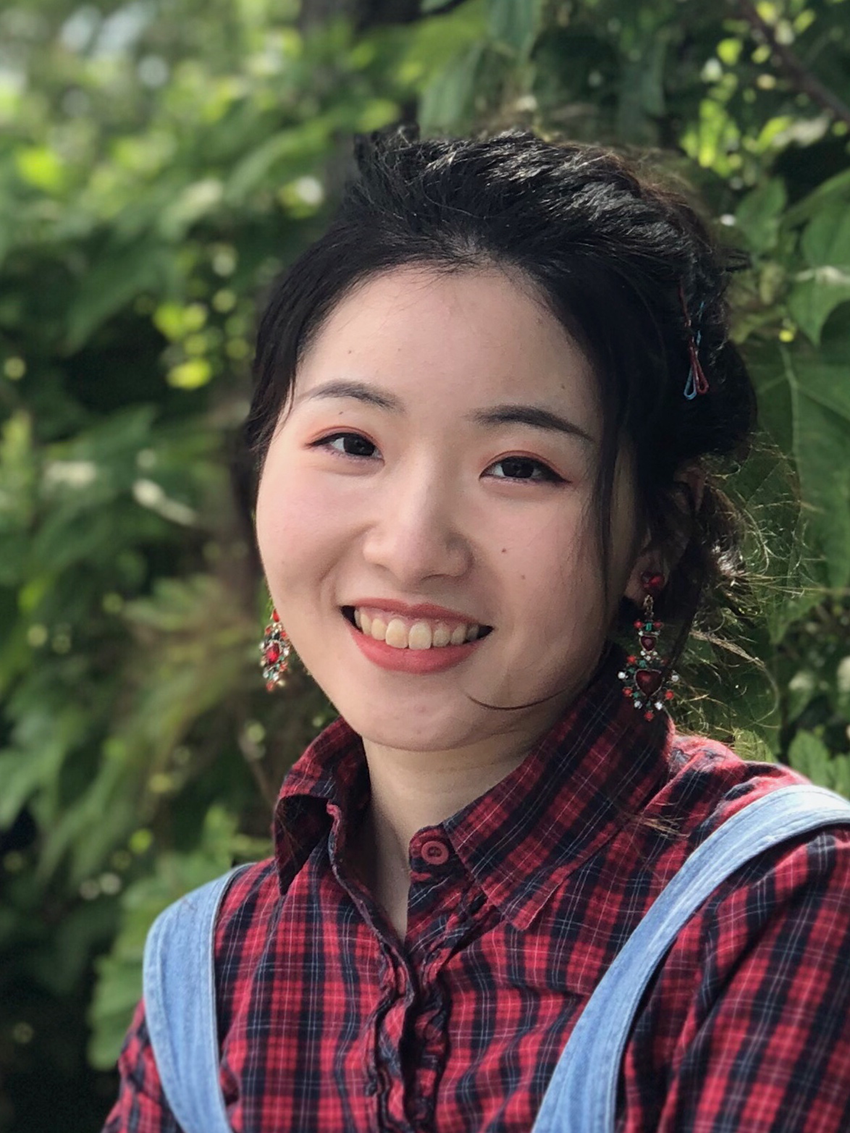
Xinyi Wu
Doctoral Student Hammer Fellow
Xinyi Wu graduated Phi Beta Kappa from Washington University in St. Louis with BA in Mathematics and Economics in 2020. Her previous work in mathematics studied quantum dynamical systems and spectra of quantum graphs. Xinyi also explored research in global production networks and applied econometrics. Her current interests lie in probability, stochastic processes, dynamical systems and statistics. In particular, she is interested in questions that arise in natural sciences, engineering and economics that are related to stochastic systems. In her graduate study at IDSS, Xinyi is motivated to pursue interdisciplinary research in social issues with engineering work.
2019-2020 Fellows
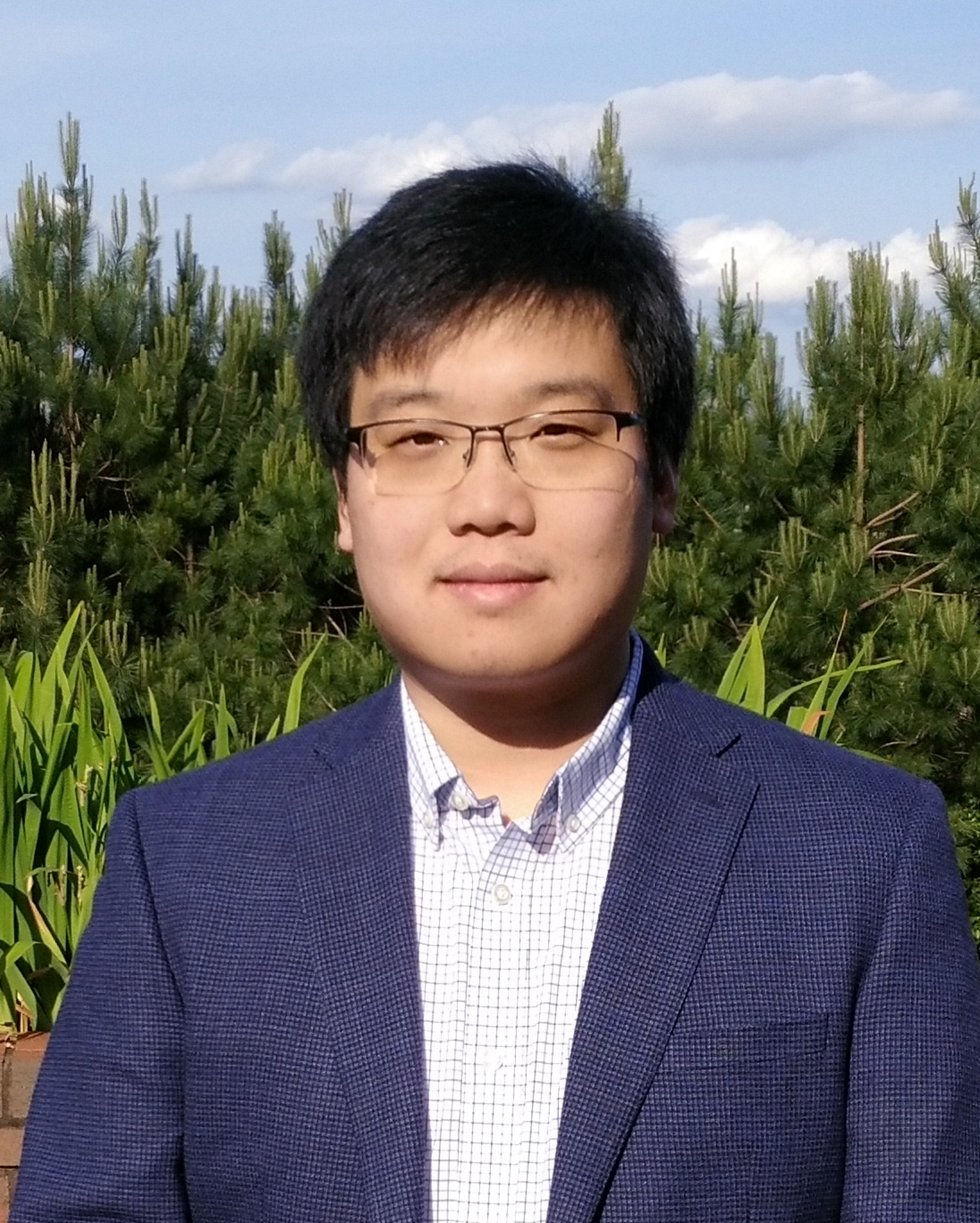
Weizi Li
Postdoctoral Hammer Fellow
Weizi Li earned his Ph.D. from the University of North Carolina at Chapel Hill and M.S. from George Mason University, both in Computer Science. He was also a visiting student at the University of Maryland, College Park, and a research intern at Disney Research, Lenovo Research and Technology, and the National University of Singapore. His current research interests include Multi-agent Simulation, Intelligent Transportation Systems, Robotics, and Machine Learning. In his first year as Hammer Fellow, Weizi learned how to control a mixture of autonomous vehicles and human-driven vehicles. This could improve the throughput of various types of road networks, such as an intersection, as autonomous vehicles start to enter in the overall traffic. Weizi’s long-term research goal is to develop theory and practice in facilitating collaborative relationships between humans and autonomous systems.
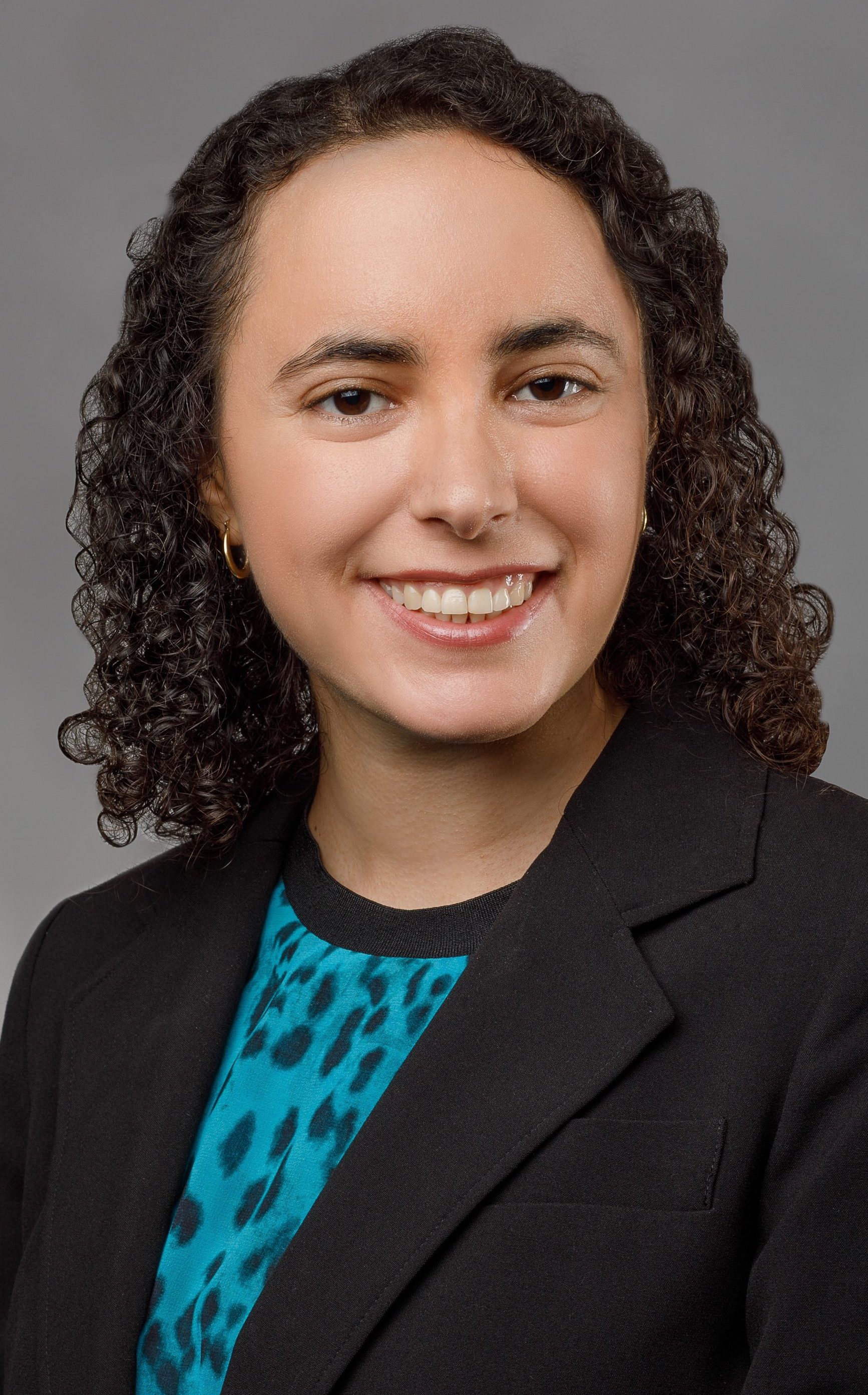
Janelle Schlossberger
Postdoctoral Hammer Fellow
Janelle Schlossberger received her PhD in Business Economics from Harvard Business School and Harvard University, and she received her AB in Physics and Mathematics from Harvard University. She is the recipient of the 2019 Aliprantis Prize from the Society for the Advancement of Economic Theory (SAET). Her research is at the intersection of economic theory, networks, macroeconomics, and finance.
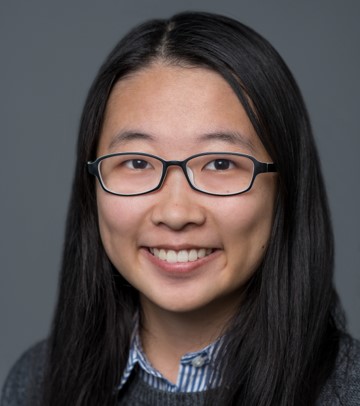
Sirui Li
Doctoral Student Hammer Fellow
Sirui Li received her SB in Computer Science and Mathematics from Washington University in 2019 and was one of the five class of 2019 valedictorians from the Washington University School of Engineering. She is especially interested in Bayesian methods, social networks, and machine learning applications to economics and political science. Sirui works with Professor Cathy Wu on solving the ride-sharing problem (how to partition riders into groups, which is an NP hard problem) using graph neural networks and reinforcement learning. Her long-term research goal is to improve algorithms/heuristics that solve hard social problems in city planning and mechanism design.
Selected publications:
The Congressional Classification Challenge: Domain Specificity and Partisan Intensity
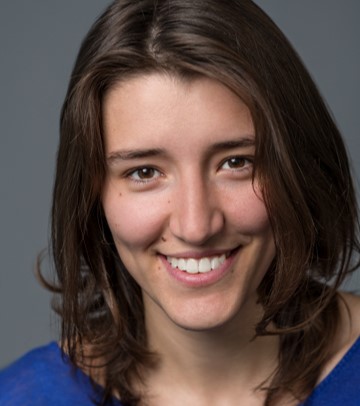
Manon Revel
Doctoral Student Hammer Fellow
Manon Revel earned her BNG in Mathematics from Ecole Centrale in Paris, France in 2017 and her SM in Technology and Policy from MIT in 2019. Manon studied the challenges that journalism faces online among the wide variety of information sources, and researched the impact of native advertisement on the U.S. news industry. In her first year as Hammer Fellow, Manon started two projects. The first one aims at understanding collective behaviors in basketball teams in order to assess the virtues of collective vs. individual strategies. The second is about reflecting on a new voting system that could eventually enhance both representation and accuracy in voting on important laws. She aspires to uncover set-ups in which people can collectively organize to make informed (voting) decisions while living in an environment flooded with misleading information. Manon has also contributed to Isolat, IDSS Covid-19 collaboration.
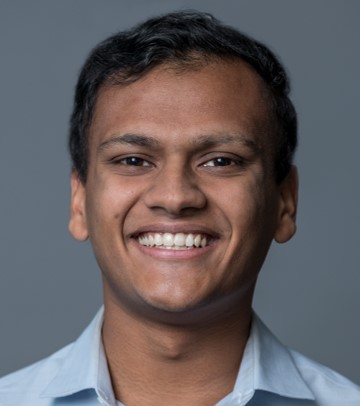
Arnab Sarker
Doctoral Student Hammer Fellow
Arnab Sarker received his BSE in Networked and Social Systems and his MSE in Data Science in 2019, both from the University of Pennsylvania. In his first year as Hammer Fellow, Arnab explored his research interests, statistical learning theory, algorithmic game theory, and social networks, in two major projects. One project looks at how explicitly having groups of people in a network can give us more information about the strength of relationships in a network. His findings places the work directly in the context of a long debate in sociology on “the strength of weak ties,” which has arisen recently in the context of different contagion models. The second project has been theoretical in nature, where Arnab has developed a new machine learning algorithm in the context of semi-autonomous flight control. His long-term research goal is to further our understanding of social systems, from developing theoretical models to finding important results in true datasets. Arnab has been regularly attending Isolat meetings and worked with Prof. Devavrat Shah on a novel data-driven model for predicting the number of daily Covid-19 cases.
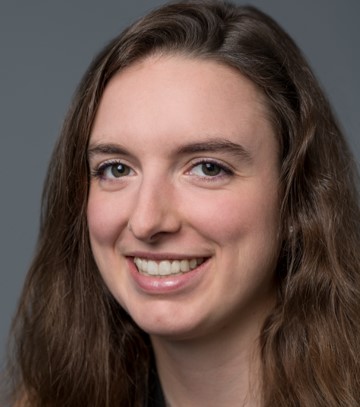
Erin Walk
Doctoral Student Hammer Fellow
Erin Walk received her BA in Mechanical Engineering and minor in Government from Harvard University in 2017, where she was also a letter winner on the Women’s Varsity Lightweight Rowing team. Her undergraduate work in clean energy research inspired an interest in melding policy and social concerns with engineering work. Post-graduation, Erin worked as a Policy Analyst at Cloudflare, supporting their corporate social responsibility projects both as a program manager and by providing technical support and on-boarding guidance. At MIT, Erin works on a project that analyzes Telegram messages from groups and channels in North Syria with the goal of understanding how external events impact the conversation and message views in these groups. She plans to grow her understanding of how discourse on the Internet can help us learn more about people or groups who are hard to reach in hopes to help impact humanitarian or other efforts.
2018-2019 Fellows
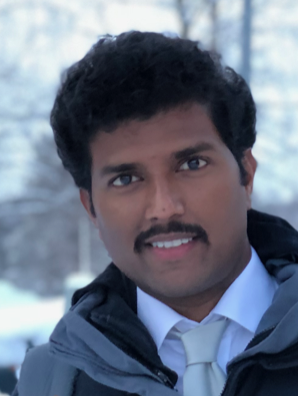
Kiran Garimella
Postdoctoral Hammer Fellow
Before joining MIT as a postdoc at IDSS, Kiran Garimella was a postdoc at EPFL, Switzerland, and worked as a Research Engineer at Yahoo Research, Barcelona, and QCRI, Doha. Kiran received his PhD at Aalto University, Finland, and Masters & Bachelors from IIIT Hyderabad, India. His research focused on using digital data for social good, including areas like polarization, misinformation, and human migration. His work on studying and mitigating polarization on social media won the best student paper awards at WSDM 2017 and WebScience 2017. At IDSS, Kiran studies the spread of rumors and misinformation on closed platforms like WhatsApp and aims to develop technical solutions to such problems. As a computer scientist, his role in creating such solutions is to build tools that can collect and analyze massive social media datasets. His research was highlighted in many news outlets, including the Financial Times, and on large conferences throughout the U.S.
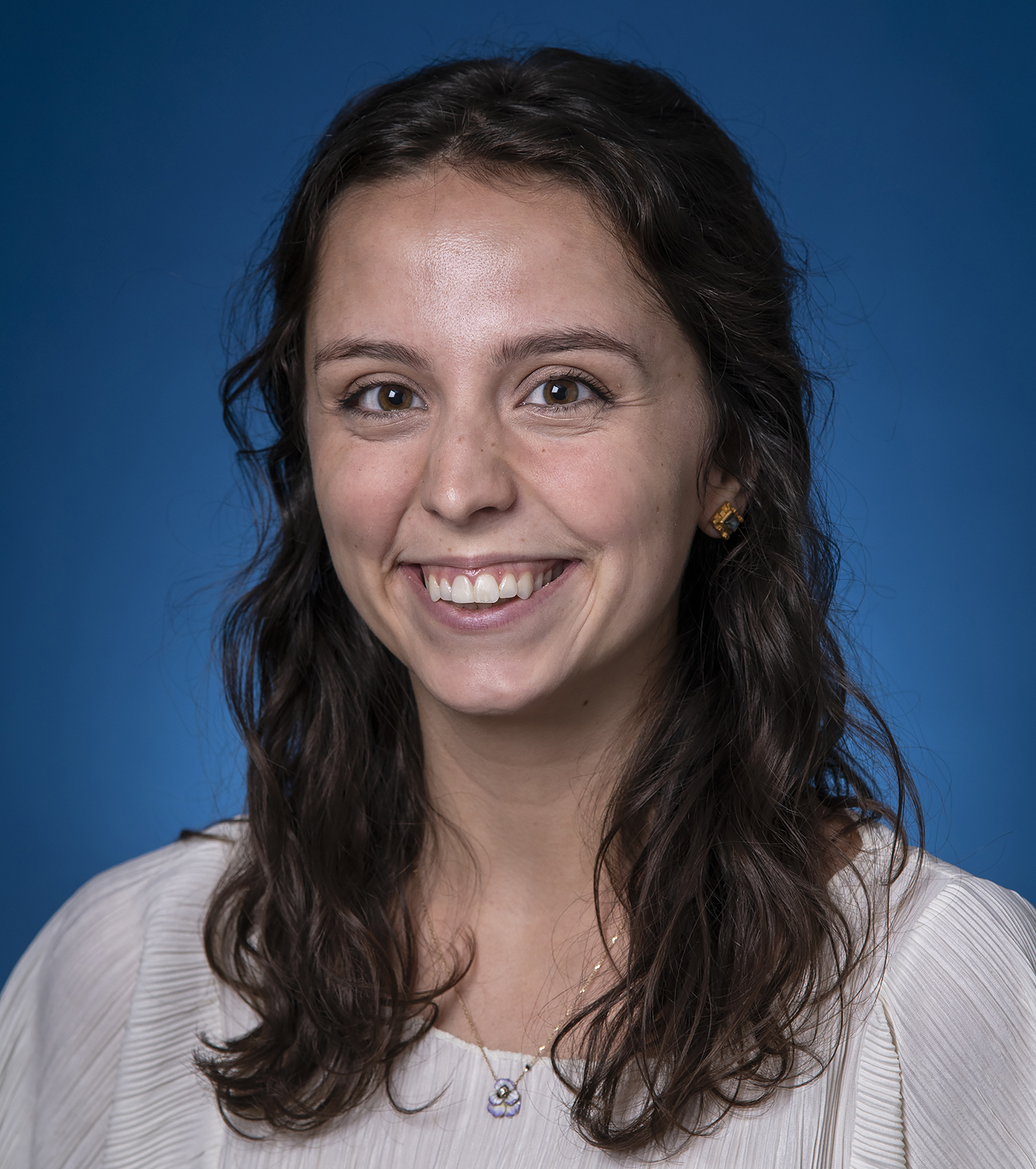
Cate Heine
Doctoral Student Hammer Fellow
Cate Heine graduated Phi Beta Kappa from Centre College in Danville, KY with a bachelor’s degree in Mathematics. Her education at Centre was funded by a Brown Fellowship, which enabled her to pursue research opportunities at the University of Queensland’s Sustainable Minerals Institute and the Santa Fe Institute during the summers. In her doctoral work, Cate seeks to use technology to holistically assess social systems in rapidly growing urban areas, examine the social and physical barriers that persist in these systems, and address the consequent superlinear growth of social inequality. In her second year as Hammer Fellow, Cate joined a project studying social segregation in Stockholm, Sweden, to help the city’s government identify and address weaknesses in its social connectivity. The Covid-19 pandemic became an opportunity for Cate to look into issues of equity in urban mobility in the current healthcare crisis and under current restrictions on movement. She hopes to keep working on models of human mobility in order to understand the dynamics of movement throughout cities and access to resources within them.
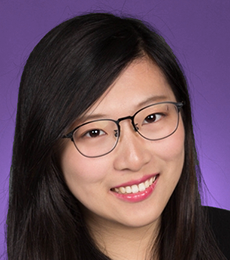
Manxi Wu
Doctoral Student Hammer Fellow
Manxi Wu is a doctoral student in the Social and Engineering Systems program. Previously, she obtained a B.S. in Applied Math from Peking University (2015) and an M.S. in Transportation from MIT (2017). Manxi’s academic training is in game theory, network optimization, and applied statistics. Her research focuses on the design of information and incentive mechanisms to improve the efficiency and robustness of urban systems. She also works on security assessment of networked systems against adversarial attacks. In her second year as Hammer Fellow, Manxi continued her work on a multi-agent strategic learning project which was presented at the Learning for Decision and Control conference. She discussed specialized results on Bayesian learning in routing games in which the unknown parameter affects the cost distributions of congestible resources.
Selected publications:
“Value of Information Systems in Routing Games,” with Saurabh Amin and Asuman E. Ozdaglar. 1st round revision in Operations Research.
“Securing Infrastructure Facilities: When Does Proactive Defense Help?” with Saurabh Amin. Dynamic Games and Applications, 2018.
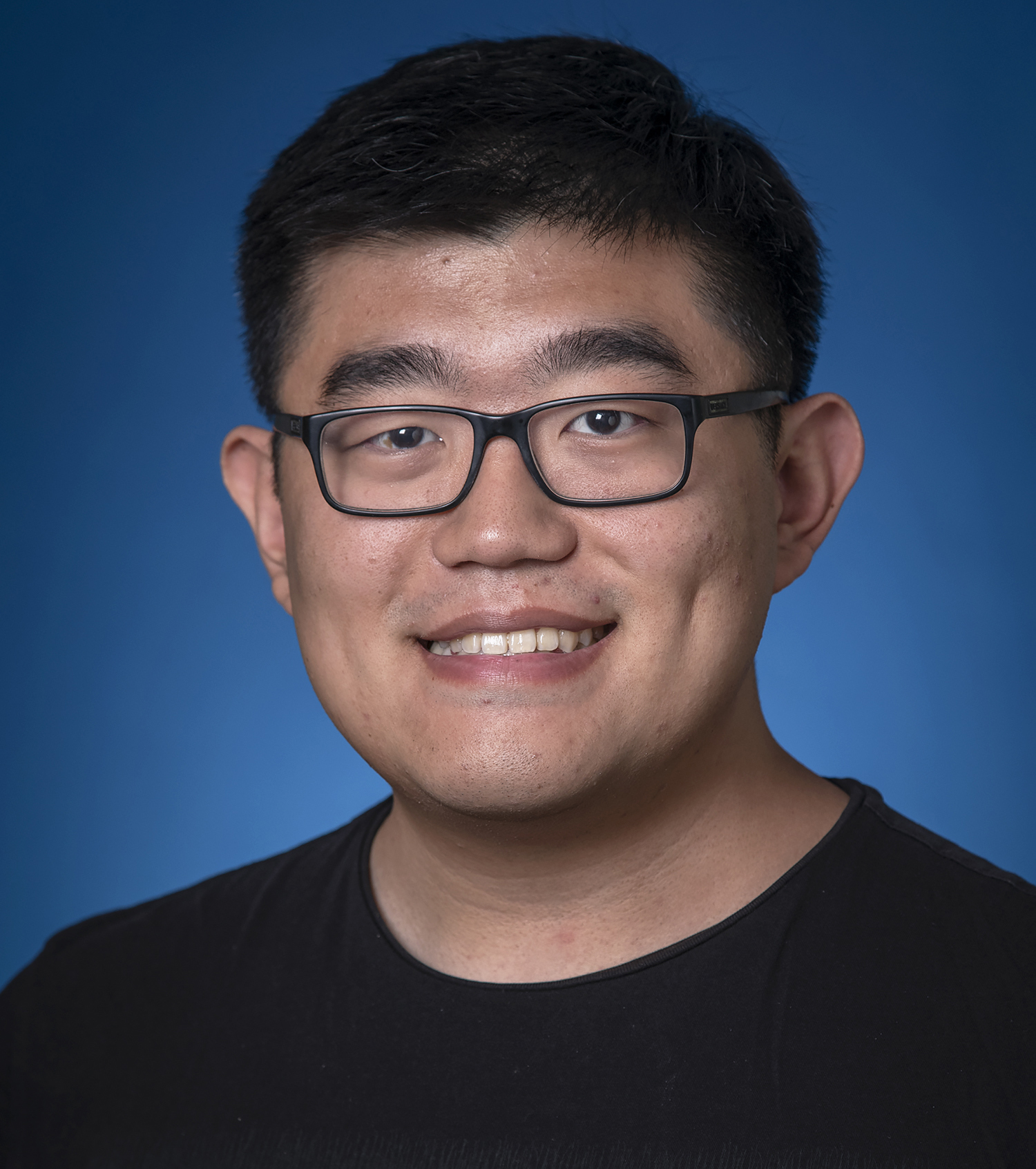
Leon Yao
Doctoral Student Hammer Fellow
Leon Yao graduated from Stanford with a B.S. and an M.S. in Computer Science (Artificial Intelligence Track). Leon’s research is primarily focused on computational social science. Specifically, Leon aims to develop algorithms and analytical frameworks to analyze and understand social systems, such as social networks. In the fall of 2019, Leon started a project on the topic of Differential Privacy, a technique that allows for the release of data while keeping the identity of individuals private. This field has recently gained a lot of interest as the 2020 United States Census. Leon hopes to apply his knowledge of machine learning, data mining and algorithms to study problems in the intersection of economics and computer science.


